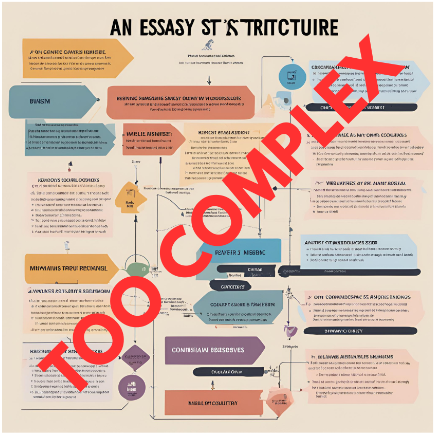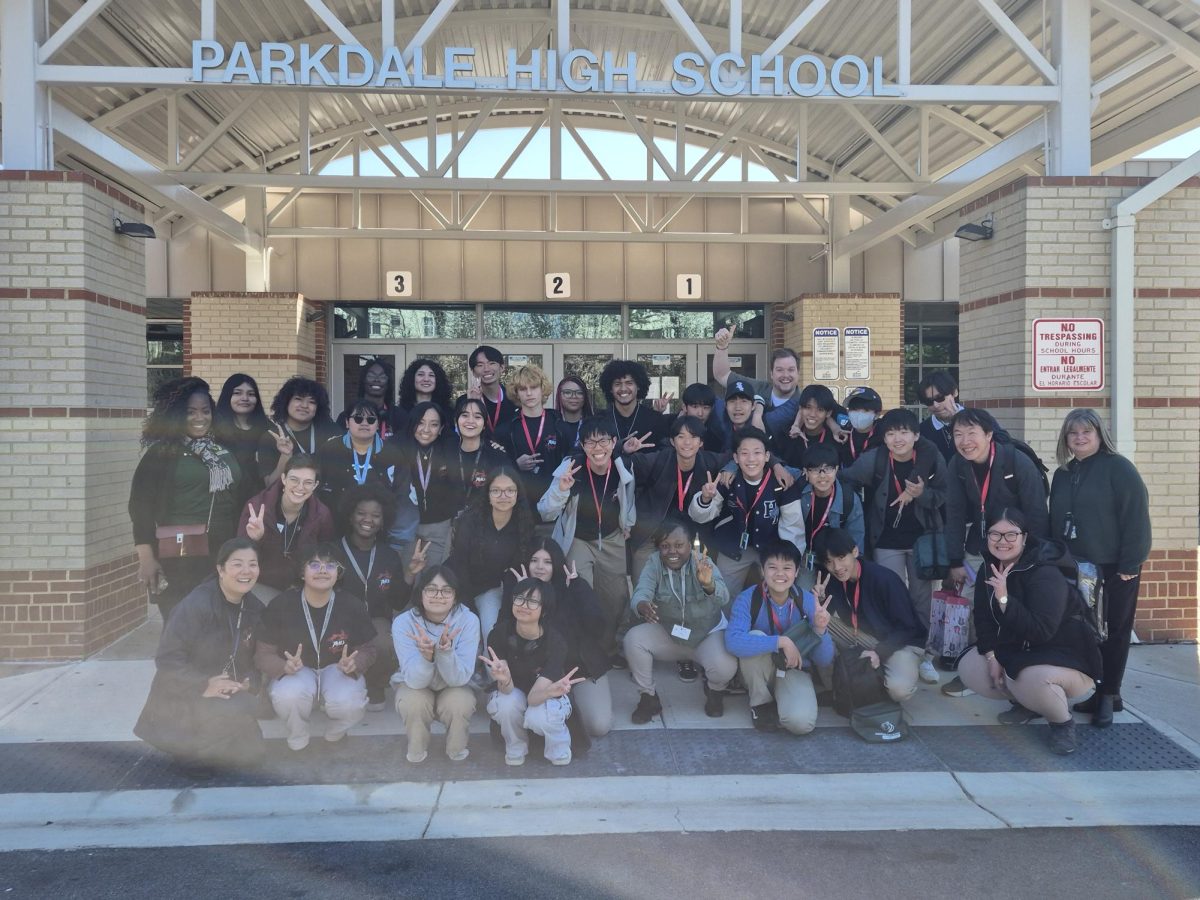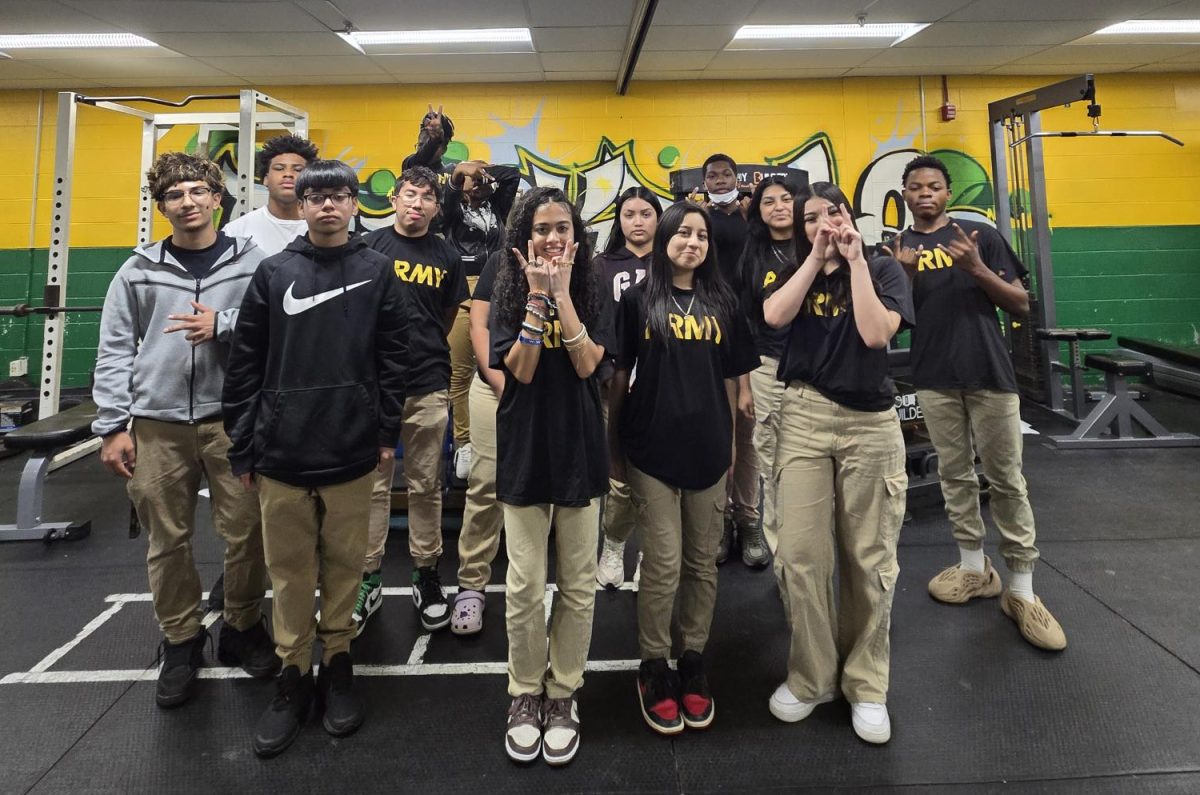 As high school seniors prepare for the college application process, one of the most significant components is the personal essay. This essay provides an opportunity for students to showcase their individuality, experiences, and aspirations beyond their academic achievements. Here’s a comprehensive guide on how to brainstorm topics for your personal essay and tips for writing an impactful piece.
As high school seniors prepare for the college application process, one of the most significant components is the personal essay. This essay provides an opportunity for students to showcase their individuality, experiences, and aspirations beyond their academic achievements. Here’s a comprehensive guide on how to brainstorm topics for your personal essay and tips for writing an impactful piece.
Brainstorming Topics for Your Personal Essay
- Reflect on Personal Experiences: Start by thinking about pivotal moments in your life that have shaped who you are today. Consider experiences such as overcoming challenges, significant achievements, or transformative events. Ask yourself questions like:
- What is a moment I am proud of?
- What challenges have I faced, and how did I overcome them?
- Who has influenced me the most in my life?
- Identify Core Values and Beliefs: Your personal essay should reflect your values and beliefs. Think about what matters most to you:
- What principles guide my decisions?
- How do my values influence my goals?
- In what ways have I acted on my beliefs?
- Explore Interests and Passions: Consider your hobbies, interests, or subjects that excite you. These can provide rich material for your essay:
- What activities make me lose track of time?
- How have my interests shaped my identity?
- What impact do I hope to make in areas I am passionate about?
- Use Prompts as Inspiration: Many colleges provide specific prompts for their essays. Use these prompts as a starting point to generate ideas:
- Analyze each prompt carefully.
- Reflect on how your experiences relate to the questions being asked.
- Engage in Free Writing: Set aside some time to write freely without worrying about structure or grammar. This can help unlock thoughts and ideas that may not surface through more structured brainstorming techniques.
- Seek Feedback from Others: Discuss potential topics with trusted friends, family members, or teachers who know you well. They may offer insights into aspects of your personality or experiences that you might overlook.
Tips for Writing a Good Personal Essay
- Be Authentic: The most compelling essays are those that reflect genuine thoughts and feelings. Write in your voice and be honest about your experiences.
- Show, Don’t Just Tell: Use descriptive language and vivid examples to illustrate your points rather than simply stating facts or opinions:
- Instead of saying “I learned resilience,” describe a specific situation where you demonstrated resilience.
- Create a Strong Opening: Capture the reader’s attention from the beginning with an engaging hook—this could be an intriguing question, a surprising fact, or a vivid description of an experience.
- Maintain Focus: Stay on topic throughout the essay; ensure every paragraph contributes to the overall message you want to convey.
- Conclude Thoughtfully: End with a strong conclusion that reflects on what you’ve discussed and ties back to your opening statement while leaving a lasting impression on the reader.
- Edit Ruthlessly: After drafting your essay, take time to revise it critically:
- Look for clarity, coherence, grammar errors, and typos.
- Consider seeking feedback from teachers or peers who can provide constructive criticism.
- Adhere to Word Limits: Most colleges will specify word limits for essays; ensure that you respect these guidelines while conveying all necessary information effectively.
By thoughtfully brainstorming topics and adhering to these writing tips, seniors can craft personal essays that resonate with admissions committees and authentically represent their unique stories. If you would like some examples, you can visit college websites such as this. For more tips to have a great senior and junior year, stay tunned for next month’s article. I would like to end this with a quote dearest to my heart, “The world is full of nice people. If you can’t see one, be one.”








